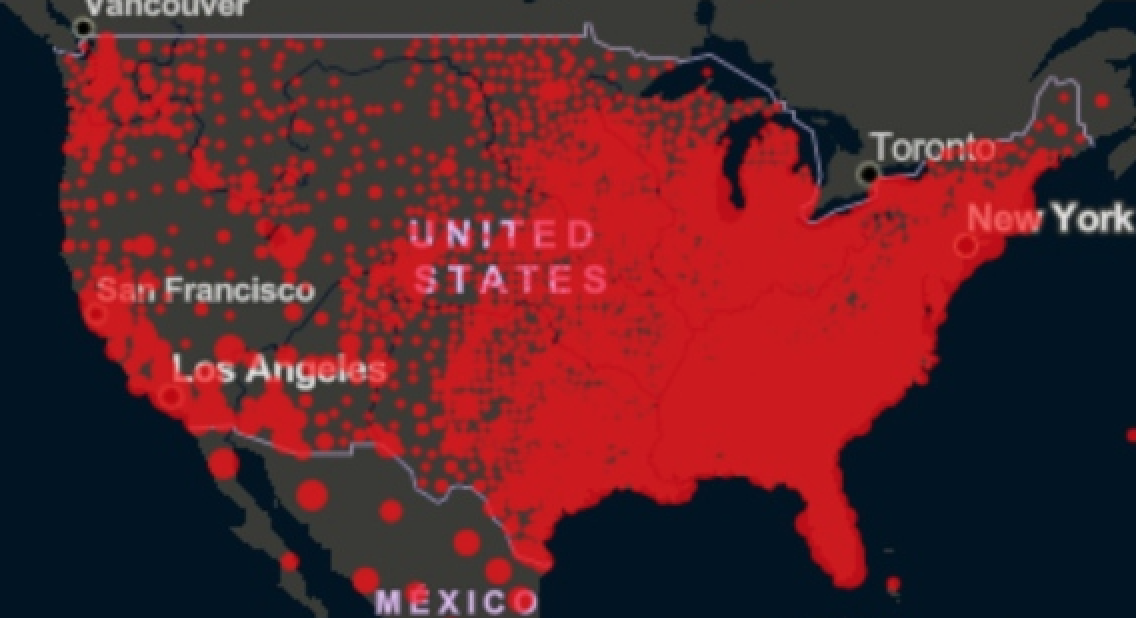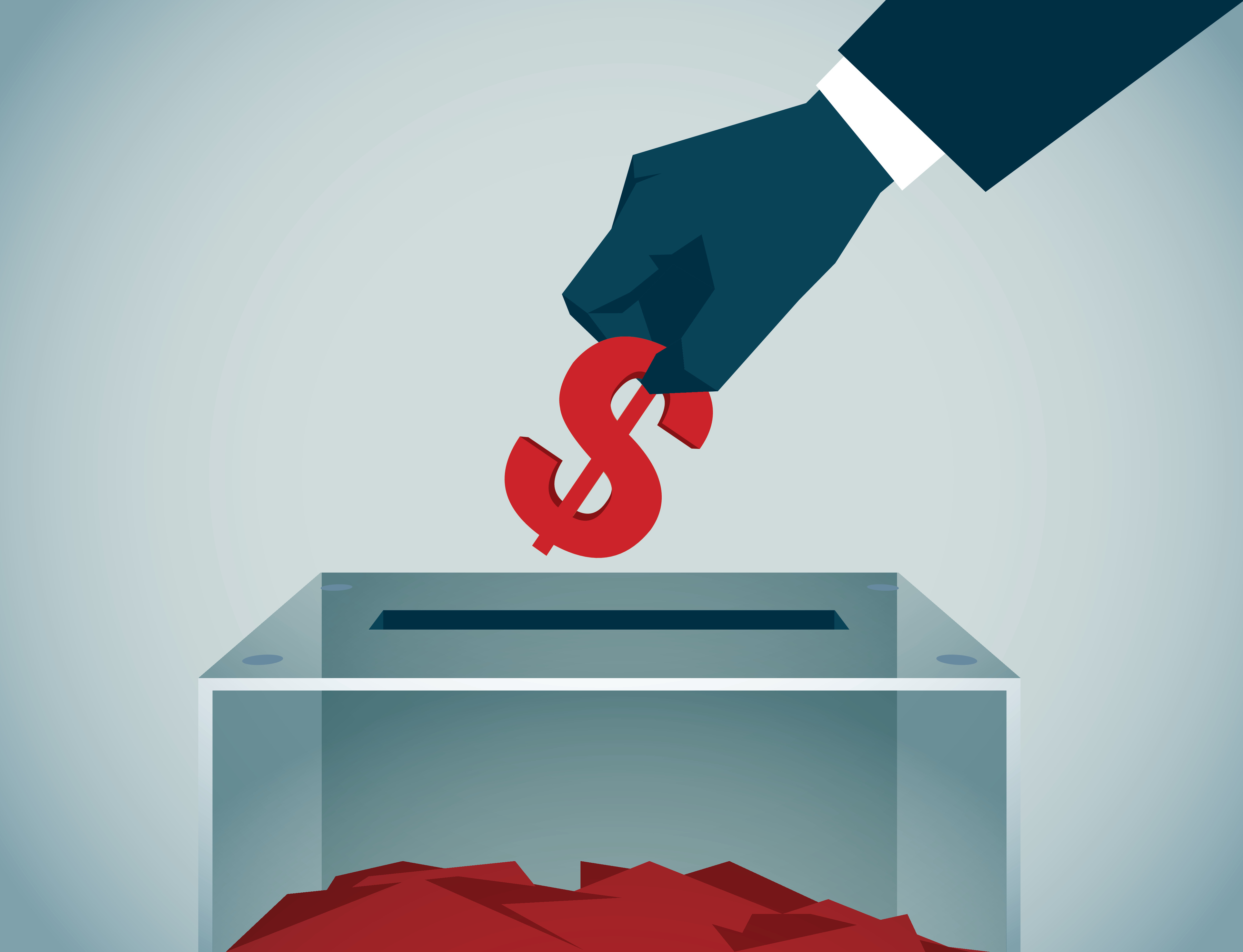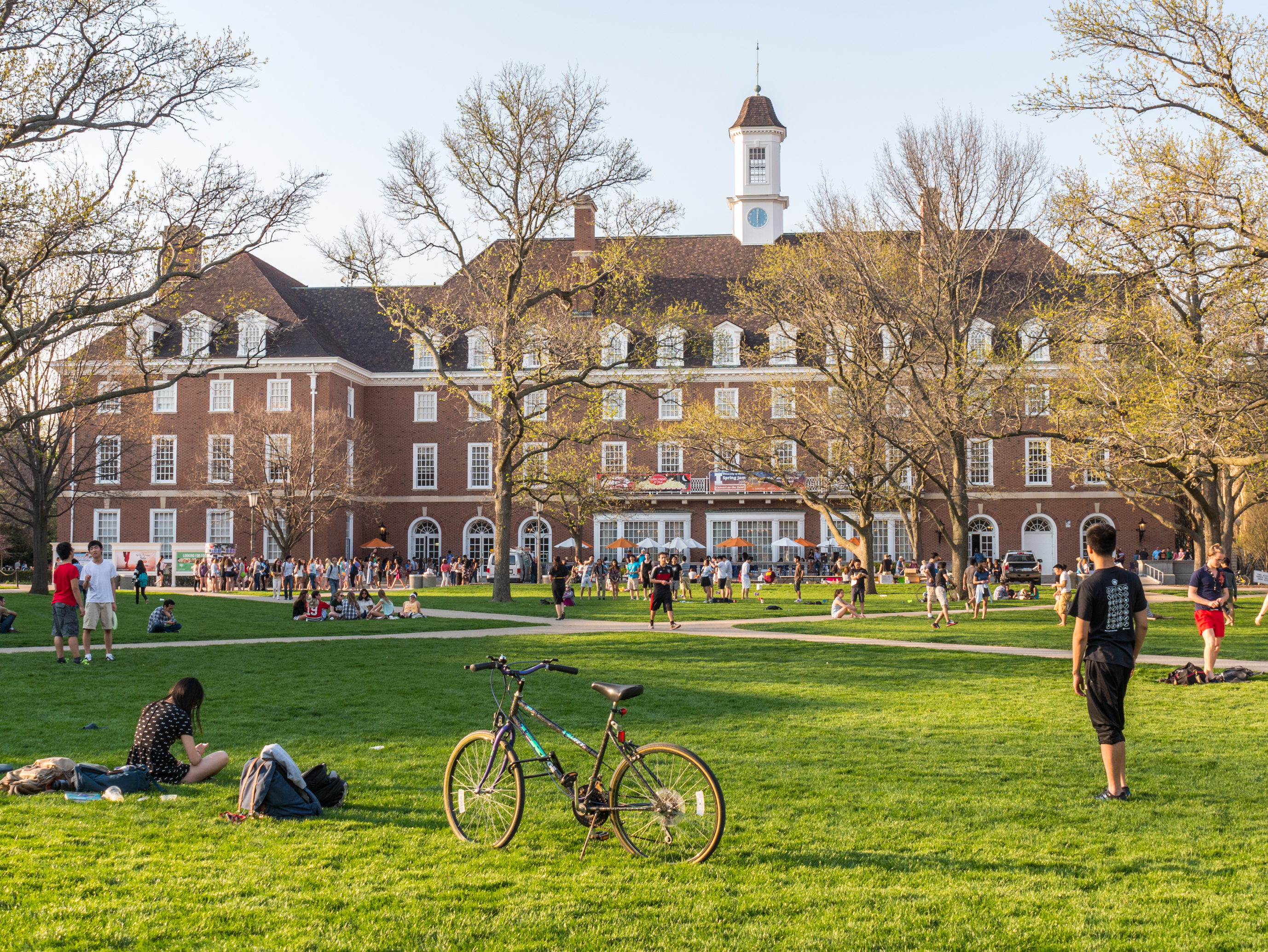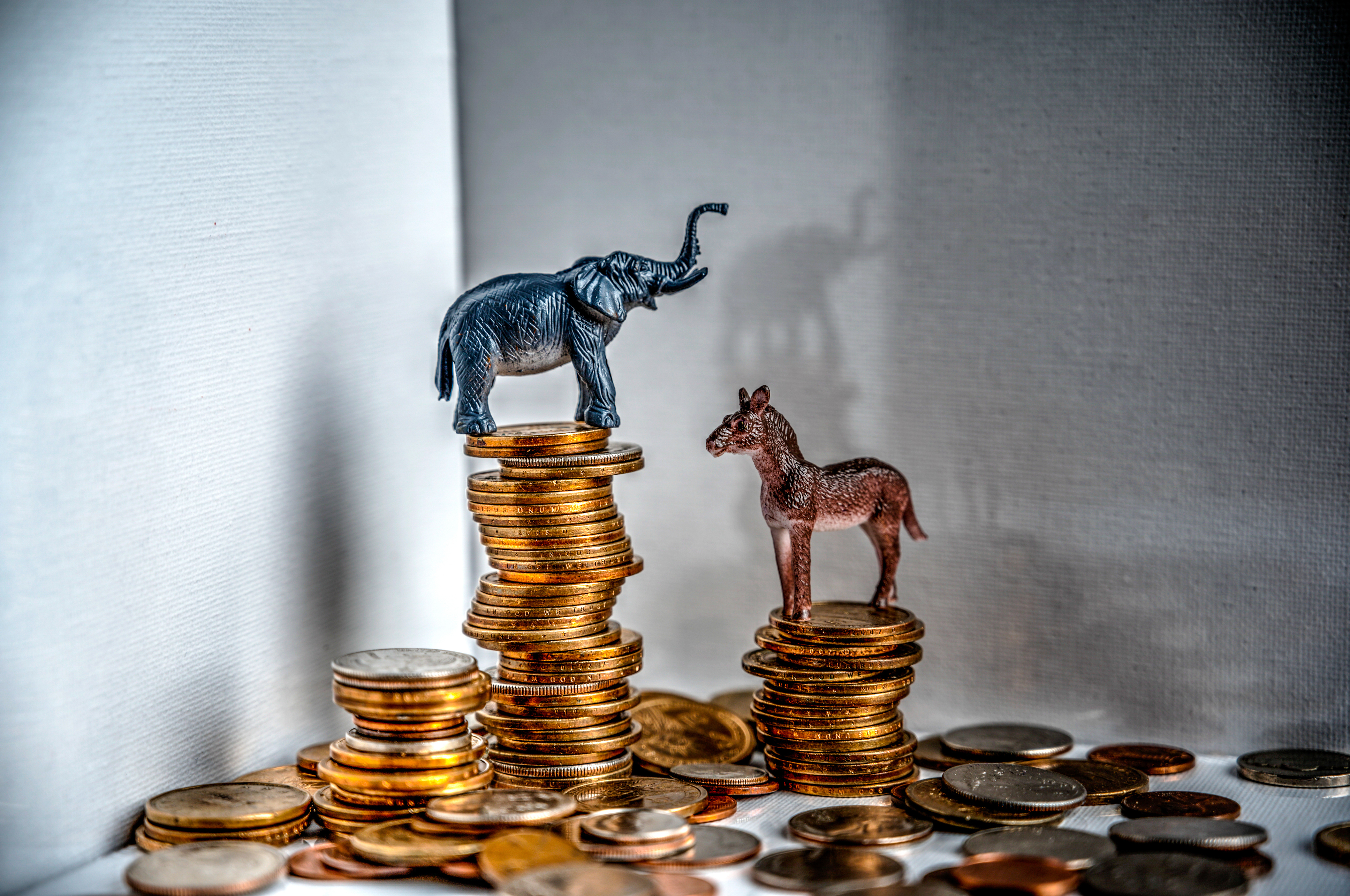Thomas Ferguson is the Research Director at the Institute for New Economic Thinking. He is Professor Emeritus at the University of Massachusetts, Boston and Senior Fellow at Better Markets. He received his Ph.D. from Princeton University and taught formerly at MIT and the University of Texas, Austin. He is the author or coauthor of several books, including Golden Rule (University of Chicago Press, 1995) and Right Turn (Hill & Wang, 1986). His articles have appeared in many scholarly journals, including the Quarterly Journal of Economics, International Organization, International Studies Quarterly, and the Journal of Economic History. He is a member of the editorial board of the International Journal of Political Economy and a longtime Contributing Editor at The Nation.
Thomas Ferguson
By this expert
To Save the Economy, Save People First

Targeted Measures and Subsidies for Cost Effective COVID-19 Abatement
Affluent Authoritarianism: McGuire and Delahunt’s New Evidence on Public Opinion and Policy

New INET research shows once again that it’s large firms and the 1%—not the “median voter”—who drive U.S. policy
Are American Colleges and Universities the Next Covid Casualties?

Colleges and universities need to be saved, not only from financial ruin, but also, all too often, from themselves.
Featuring this expert
INET study featured in Queensland
“The “go-hard/go-early and no regrets” approach of the Australian states has been vindicated by the Institute for New Economic Thinking (INET), a nonpartisan, nonprofit organisation established in the wake of the 2009 global financial crash.” …. “We must be ready to accept renewed restrictions, targeted shutdowns and border closures. As the INET report clearly demonstrates, the failure to act is much more costly than any temporary measures, such as those used in South Australia last month.” — Dennis Atkins
The FT cites INET article on what can be learned from the pandemic
“Actual experience, as opposed to cost-benefit analyses of theoretical alternatives, further strengthens the case for suppressing the disease fully, where feasible. A recent paper from the Institute for New Economic Thinking, To Save the Economy, Save the People First, suggests why. A chart (reproduced here) shows that countries have followed two strategies: suppression, or trading off deaths against the economy. By and large, the former group has done better in both respects. Meanwhile, countries that have sacrificed lives have tended to end up with high mortality and economic costs.” — Martin Wolf, The Financial Times
El Economista cites INET research on the cost of the pandemic
“To save the economy, you have to save people first, is the title of a paper by Alvelda, Ferguson and Mallery of the Institute for New Economic Thinking. This work groups countries into three categories, according to the response to the covid: those that gave priority to maintaining economic life; those who focused on taking care of health first and those who wanted to be placed in the middle, but did not do either one well. The best economic results correspond to those who prioritized health. They are countries that are in Asia and Oceania, mainly. The worst are in the other two groups. Those who did not define one or the other, got the worst of both worlds: many deaths and great economic damage. What can be done? Alvelda, Ferguson, and Mallery recommend targeted subsidies by regions and sectors hardest hit; guarantee income for workers in non-essential activities and subsidize health safety measures for all those who cannot stop. This means, among other things, public money to make public transport and some massive workplaces more sanitary. Subsidize supervision / surveillance measures in spaces where many people go: shopping centers and places of religious worship, for example.” — Luis Miguel Gonzalez, El Economista (translated from Spanish)
The FT cites INET working paper showing elites are thwarting democracy
“Anyone with a pulse knows that in the US today the system is rigged in favour of the wealthy and powerful. One particularly illuminating paper published this month by the Institute for New Economic Thinking quantifies the problem. Building on a persuasive 2014 data set, it shows that when opinion shifts among the wealthiest top 10 per cent of the US population, changes in policy become far more likely. Using AI and machine learning, INET academics Shawn McGuire and Charles Delahunt delved deep into the data. They found that considering the opinions of anyone outside that top 10 per cent was a far less accurate predictor of what happened to government policy. The numbers showed that: “not only do ordinary citizens not have uniquely substantial power over policy decisions; they have little or no independent influence on policy at all”.” — Rana Foroohar, The Financial Times

